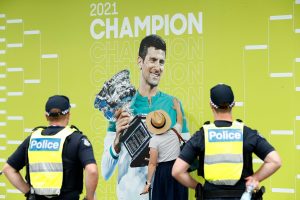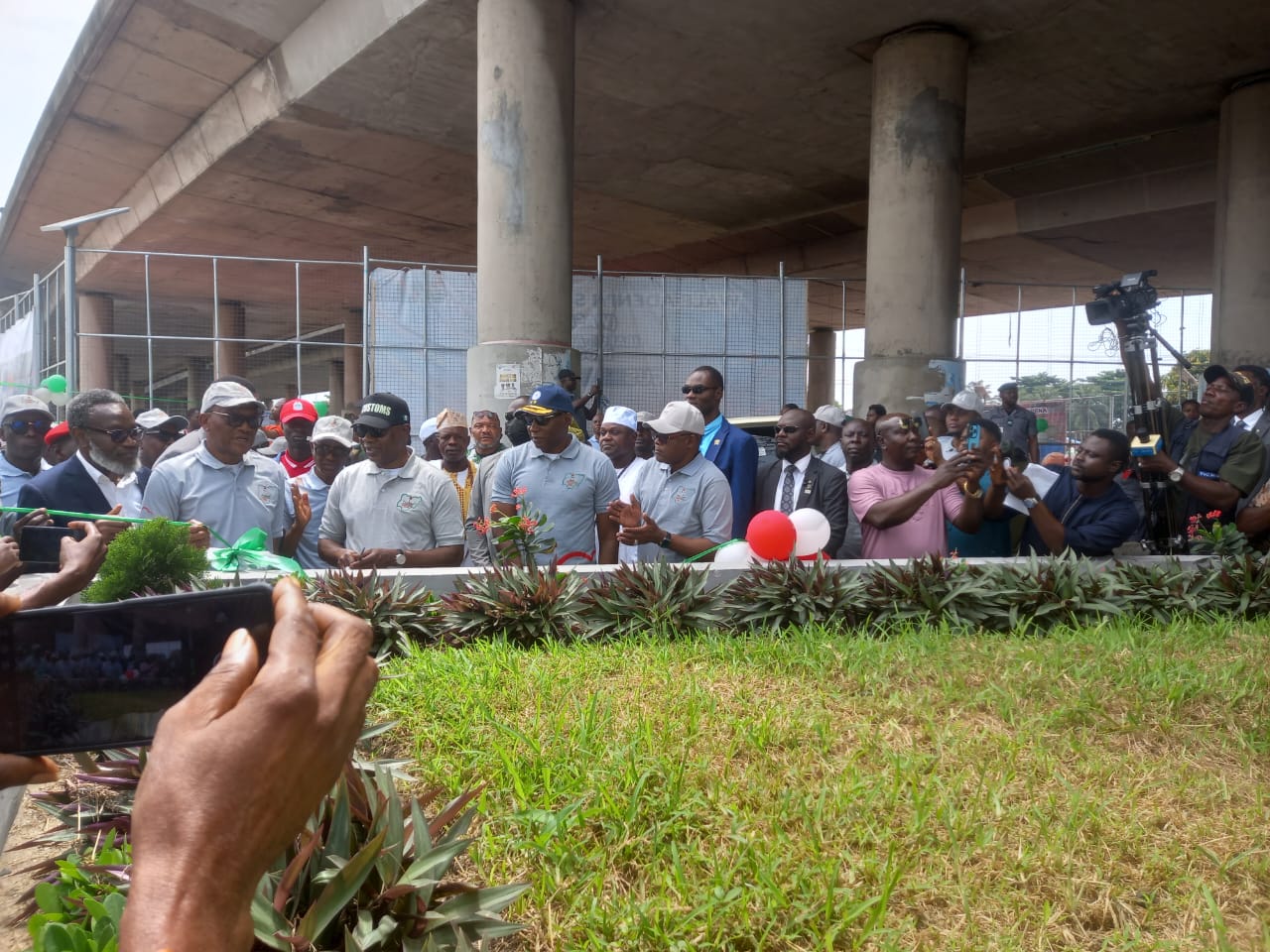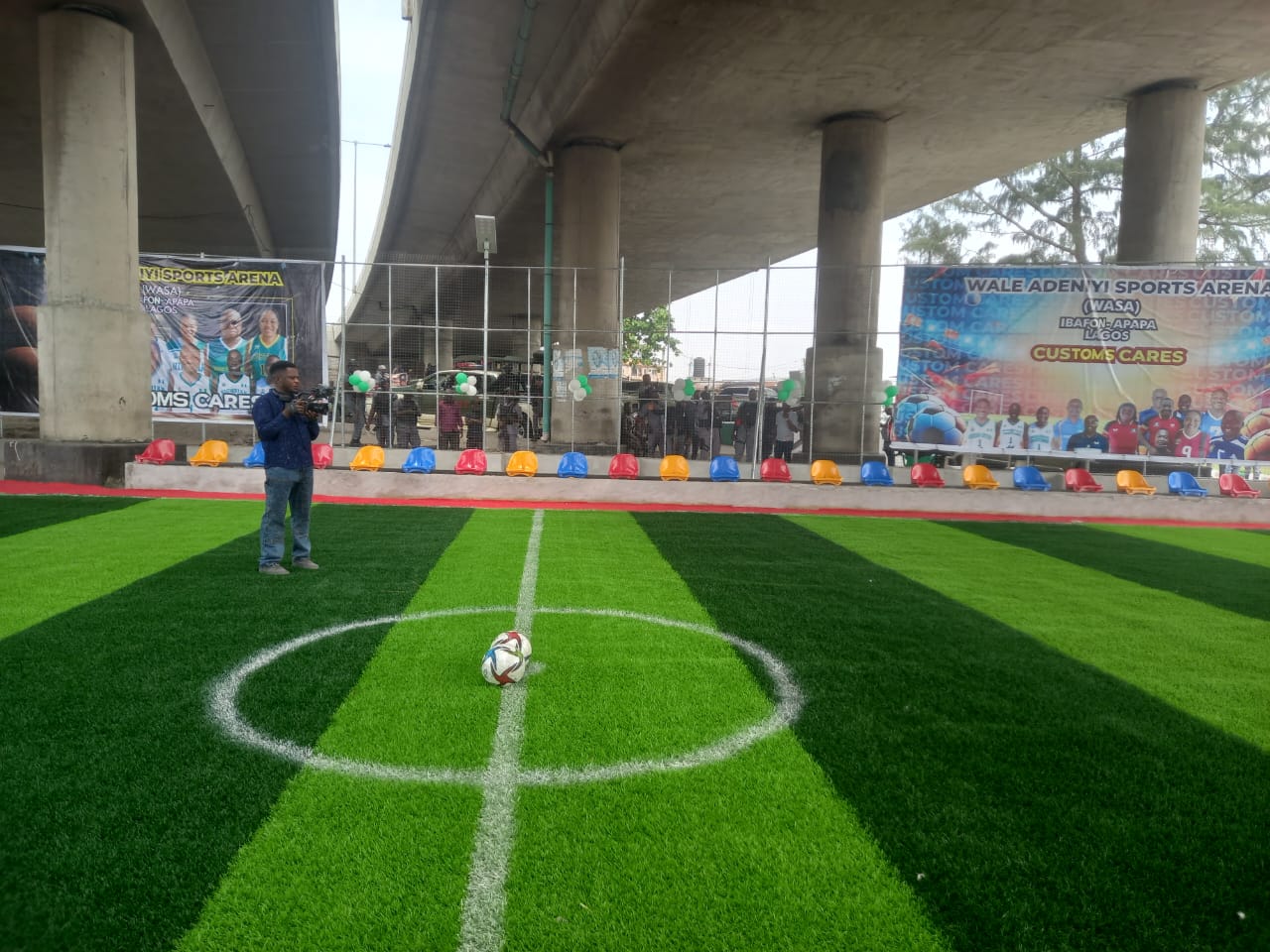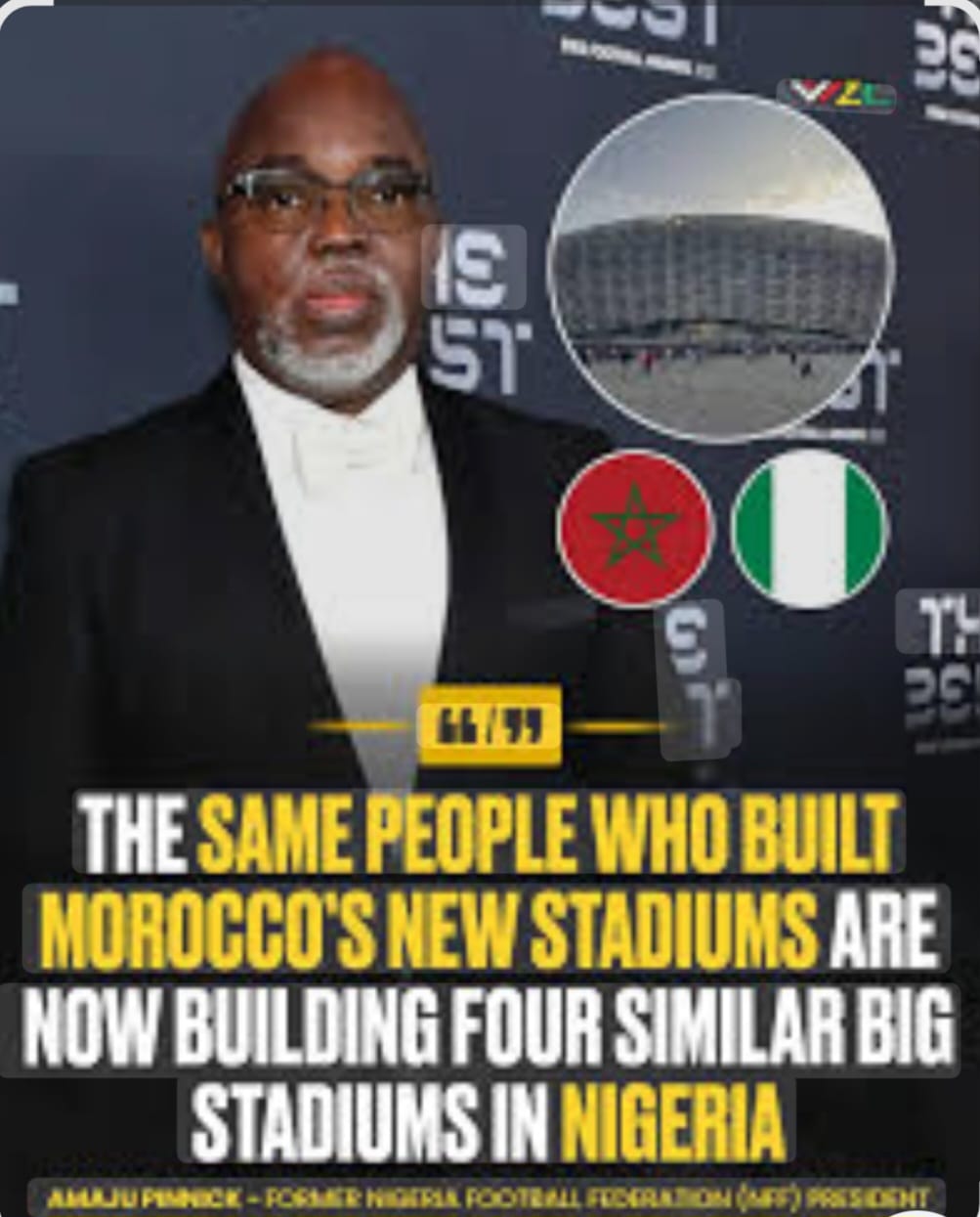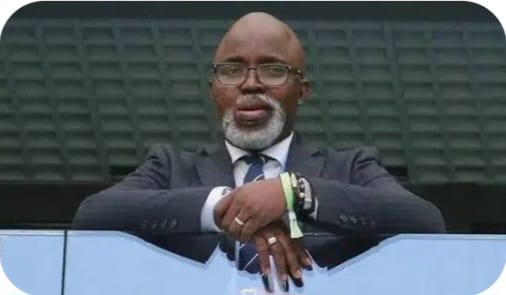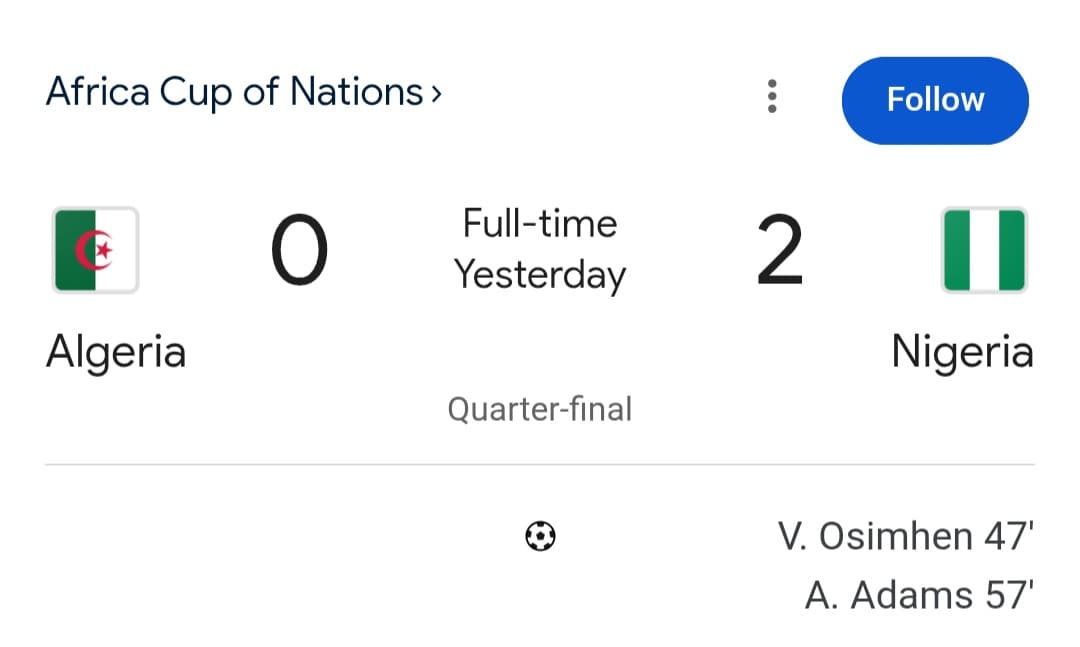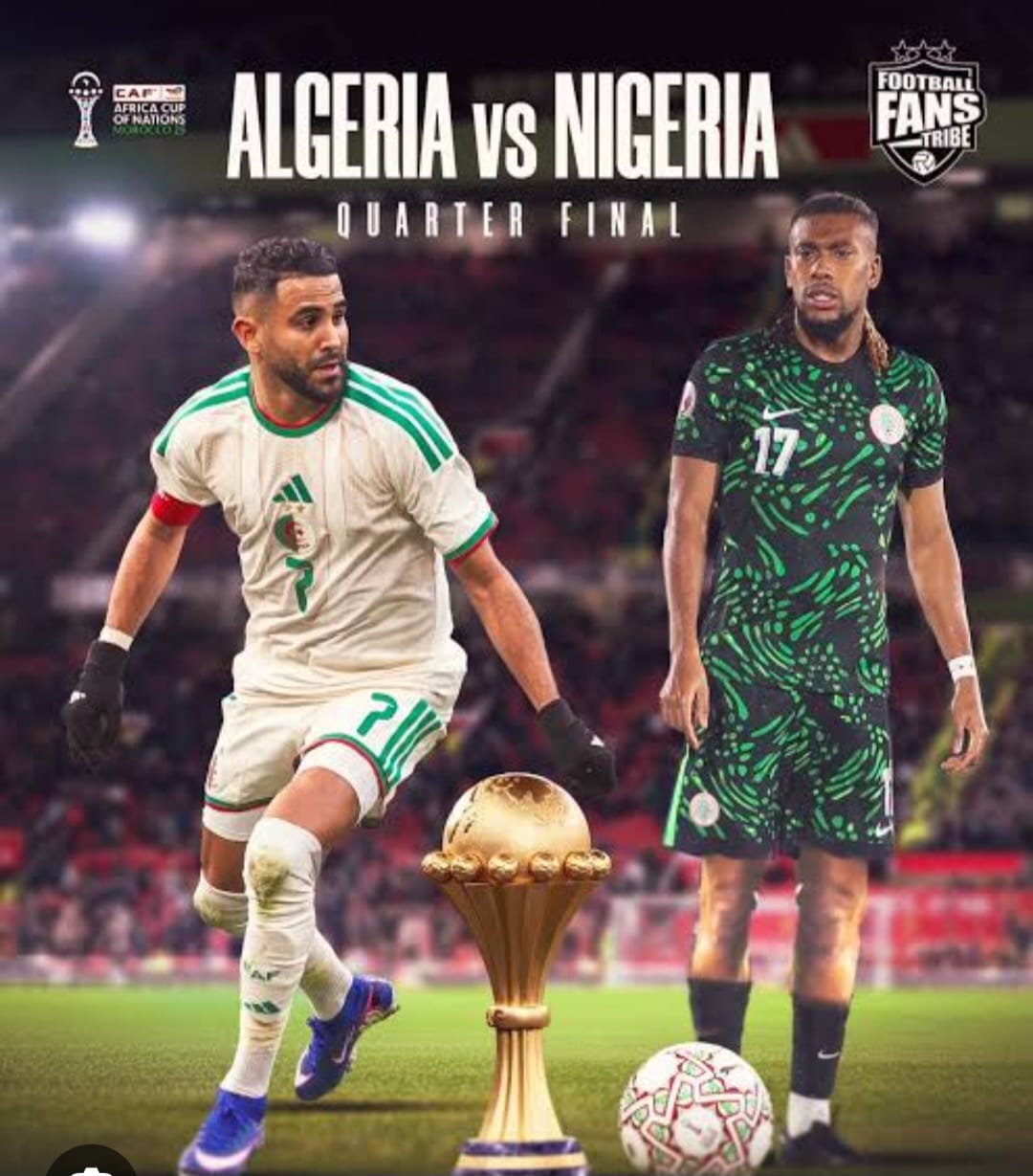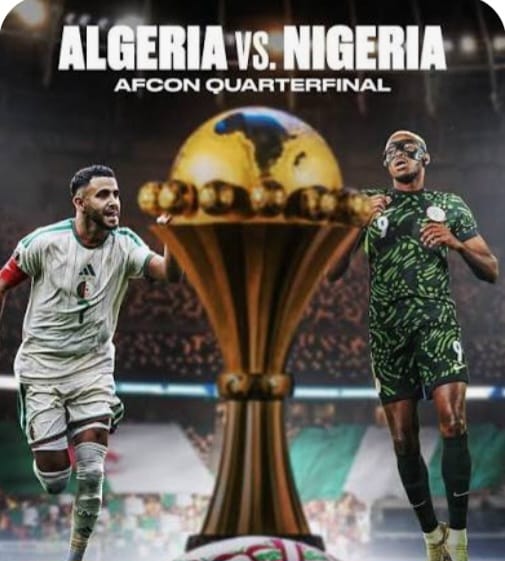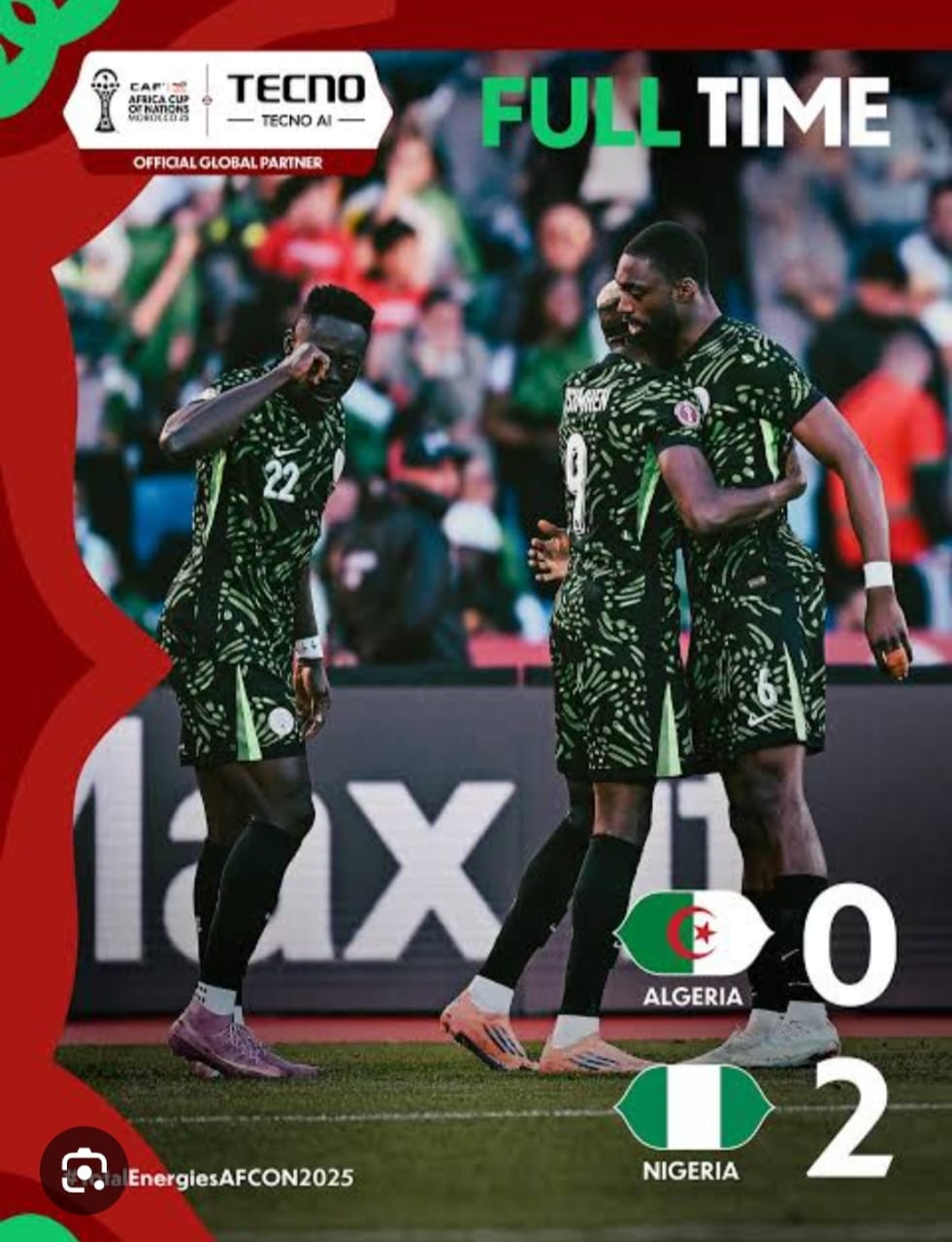Sports
An Unplayed Australian Open Is a Turning Point for Novak Djokovic ( Opinion)
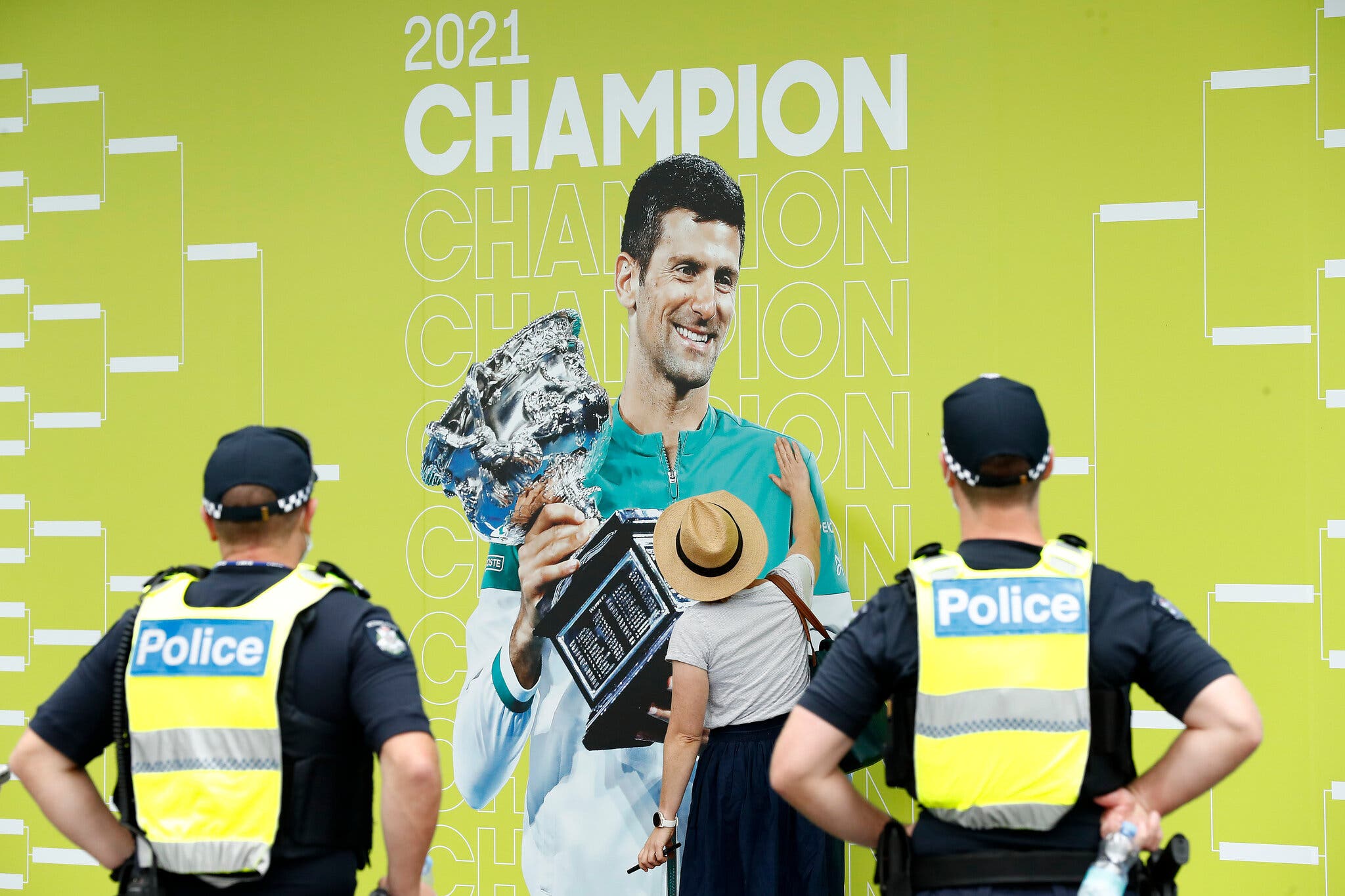
An Unplayed Australian Open Is a Turning Point for Novak Djokovic ( Opinion)
Even after being ejected from Australia, Novak Djokovic will remain No. 1 in the men’s tennis rankings at the end of the Australian Open, which began on Monday without him.
He still holds the titles at the French Open and Wimbledon; still has supple limbs, formidable tennis skills and a deep history of resilience in the face of hostile crowds and long odds.
But in a what-have-you-won-for-me-lately sport that is often categorised by eras and the champions who define them, it would come as no surprise if Sunday marked a turning point, symbolised by his long, grim walk to the airport gate in Melbourne under the escort of immigration officials.
Djokovic is 34, and as he left Australia against his will after his Visa was cancelled, a new generation of taller, talented stars in men’s tennis was preparing to pursue the title at the Grand Slam tournament he has dominated like no other and may never play again, if his three-year ban from the country is not rescinded.
“This certainly could knock him back,” John Isner, a friend of Djokovic’s and one of the top-ranked American players, said on Sunday. “I honestly don’t know which way it will go. It could take him a long time to recover, or light a fire under him.”
Djokovic has rebounded from demoralising periods in the past and resumed winning. In 2017, after perhaps the most dominant phase of his career, he struggled with his motivation and lost his edge for more than a year amid personal problems and a persistent right elbow injury. He had a commitment to natural healing that foreshadowed his decision not to be vaccinated for the coronavirus. But after playing and struggling at the Australian Open in 2018 with his elbow supported by a compression sleeve, he decided, tearfully he has said, to undergo surgery.
Five months later, he was a Grand Slam champion again, winning the 2018 Wimbledon title and soon re-establishing himself as No. 1, at the expense of his career-long rivals, Roger Federer and Rafael Nadal.
In early 2020, Djokovic was still on a roll, starting the year with 18 straight victories before the pandemic shut down the sport for five months in 2020. He organized an ill-advised exhibition tour in Serbia and Croatia in June during the enforced break that turned into a superspreader event and public-relations bonfire as he and other players and team members, including Djokovic’s coach Goran Ivanisevic, danced and partied unmasked in a Balkan nightclub, thoroughly out of sync with the global mood.
The tour was cancelled. Djokovic; his wife, Jelena; Ivanisevic; and others tested positive for the coronavirus, and when Djokovic did return to Grand Slam action, at the 2020 U.S. Open, he proceeded to eliminate himself from the tournament in the fourth round by hitting a ball in frustration after losing his serve and inadvertently hitting a lineswoman in the throat. He was defaulted by the tournament referee and returned to Europe to regroup. A young Austrian, Dominic Thiem, eventually won the title.
After all the dubious decisions and dents to his image, another Djokovic tailspin was hardly out of the question, but in a reflection of his tenacity and talent, he roared back in 2021 with one of his finest seasons: winning the first three Grand Slam tournaments and coming within one match of achieving the first men’s Grand Slam in singles in 52 years before losing to Daniil Medvedev in the U.S. Open final.
That display of resilience in 2021 should give pause to all those who might expect Djokovic to curl himself into a ball on the floor of his Monte Carlo apartment in the aftermath of the Australian affair.
We are talking about a player who became a champion despite growing up in Belgrade during the violent breakup of Yugoslavia, when NATO bombing forced him to interrupt tennis practices. He left home at 12 for a tennis academy in Germany as his parents and family borrowed and improvised to fund his training in the hope that the sport would be his route, and theirs, to better days. Djokovic told me that his father, Srdjan, once gathered the family and slammed a 10 Deutsche mark on the kitchen table and explained that this was all the money they had left.
“He said that more than ever we have to stick together and go through this together and figure out the way,” Djokovic said in that interview. “That was a very powerful and very impactful moment in my growth, my life, all of our lives.”
What is one deportation in comparison with all of that?
The answer seems self-evident, but the body blows can add up. Djokovic is accustomed to being the outsider, to hearing the roars of support for Federer and other opponents and winning anyway. He has even gone so far as to imagine that the crowds are chanting his name instead, but he has never been a global target to this degree.
Though he insists he does not want to be an anti-vaccine champion, the fallout from his iconoclastic stance in Australia — he is one of only three top-100 men’s players to be unvaccinated — means that he will be indelibly associated with the issue. And as long as he remains unvaccinated, he will face challenges entering some other countries and tournaments.
Energy is one of Djokovic’s hallmarks. Spend time with him one on one and his life force and restless curiosity come through, but he has expended a great deal of effort in recent years on causes beyond winning tennis matches: taking on the status quo on the men’s tour and creating a new player group to promote — so far unsuccessfully — change and more decision-making power for players at all levels of the rankings. He has helped start a new tournament in Belgrade, done charitable work in Serbia and the Balkan region and has cooperated with a behind-the-scenes documentary that is expected to be released in 2022.
It should have no dearth of content: no shortage of major triumphs and brutal setbacks. At what point does it all dull his edge? The answer could be right about now.
Sports
Adeniyi Urges Customs Officers to Stay Fit, Commissions Sports Arena at Western Marine Command
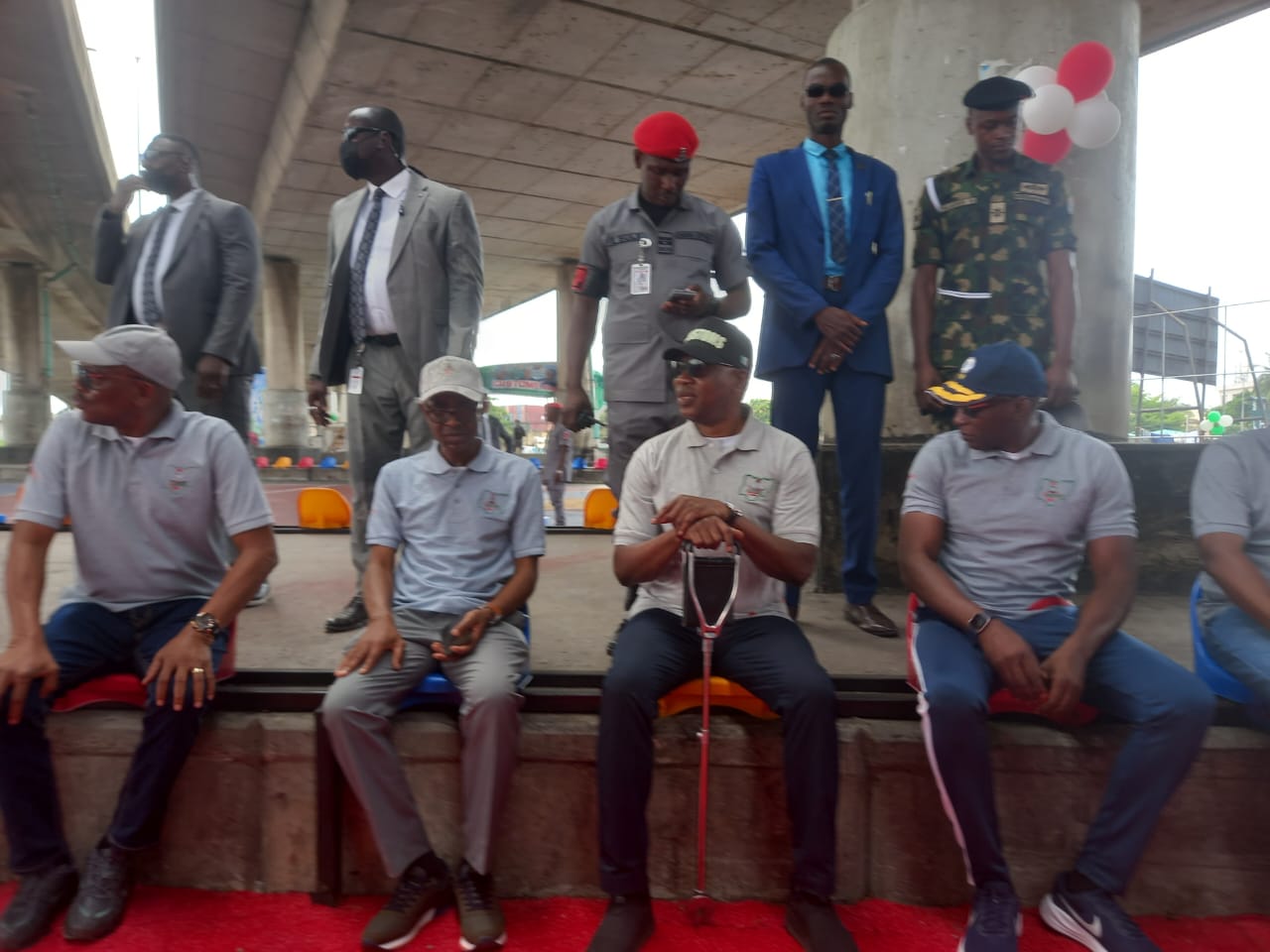
Adeniyi Urges Customs Officers to Stay Fit, Commissions Sports Arena at Western Marine Command
By Ifeoma Ikem
Sports
Fans Mock Pinnick’s ‘Morocco-Level’ Pitch Claim as Credibility Debate Returns to Nigerian Football
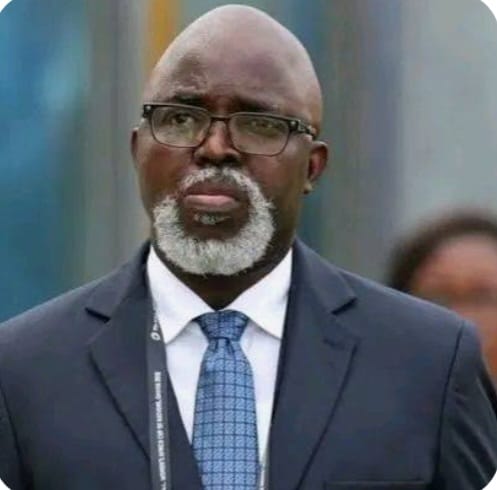
Fans Mock Pinnick’s ‘Morocco-Level’ Pitch Claim as Credibility Debate Returns to Nigerian Football
By George Omagbemi Sylvester | Published by SaharaWeeklyNG
“Former NFF boss promises five world-class surfaces in 18 months, but supporters question record and reality.”
A fresh controversy has erupted in Nigerian football after former Nigeria Football Federation (NFF) president and FIFA Council member Amaju Melvin Pinnick declared that Nigeria would soon have football pitches comparable to those used at major tournaments in Morocco. The statement, intended to signal a new phase of infrastructure upgrades, instead triggered widespread skepticism among fans.
The backlash followed Pinnick’s remarks in early February 2026, when he said Nigeria would have at least five pitches matching Moroccan standards within 18 months. According to him, the team responsible for Morocco’s acclaimed stadium surfaces had already arrived in Nigeria to begin the upgrades. He identified the targeted venues as Warri City Stadium, two stadiums in Bayelsa State, Teslim Balogun Stadium in Lagos, and the Moshood Abiola National Stadium in Abuja.
Rather than inspiring confidence, the announcement was met with sarcasm and disbelief across social media. Many supporters dismissed the claim as unrealistic, pointing to the current state of numerous Nigerian pitches, several of which have failed to meet international standards in recent years. Some fans described the promise as something to “believe at your own risk,” reflecting deep mistrust toward football administrators.
The reaction comes against the backdrop of long-standing infrastructure problems in Nigerian football. For years, the country has struggled to maintain stadiums to the standards required by FIFA and the Confederation of African Football (CAF). On multiple occasions, national-team matches have been moved or played in alternative venues because approved facilities were unavailable.
Pinnick himself has previously acknowledged the depth of the problem. In earlier interviews, he admitted that many Nigerian stadiums lack basic amenities and cannot meet international requirements, noting that the country is currently unable to host major FIFA competitions because of substandard facilities. He also contrasted Nigeria’s situation with Morocco’s, describing the North African country as having a “plug-and-play” football infrastructure capable of hosting major tournaments at short notice.
Morocco’s progress has been widely praised by football authorities. The country has invested heavily in modern stadiums, training facilities, and pitch technology, positioning itself as one of Africa’s leading hosts for international competitions. Its infrastructure upgrades have played a major role in securing hosting rights for major tournaments, including the Africa Cup of Nations.
Nigeria’s situation has followed a different trajectory. Many stadiums built or renovated at significant cost have deteriorated within a few years, often due to poor maintenance, irregular funding, and administrative disputes. Sports policy experts argue that the core problem is not simply the construction of facilities but the absence of sustainable management structures.
Global sports business scholar Professor Simon Chadwick has argued that infrastructure projects must be backed by sound governance. “Facilities are only as effective as the systems that sustain them,” he notes. “Without management discipline, even the best stadiums deteriorate quickly.”
Economist Andrew Zimbalist, a leading authority on sports infrastructure, has also warned that stadium promises often fail without transparent planning and long-term operational strategies. His research shows that politically driven projects frequently fall short of expectations when maintenance and funding models are unclear.
These broader concerns help explain the intensity of the reaction to Pinnick’s latest claim. Many supporters remember his eight-year tenure as NFF president from 2014 to 2022, a period that produced mixed results. While the national team qualified for major tournaments and maintained administrative stability, the infrastructure question remained largely unresolved.
Beyond public debate, the issue carries practical consequences. Stadium quality directly affects Nigeria’s ability to host international matches. When facilities fail to meet required standards, national teams are forced to play “home” fixtures in foreign countries, increasing costs and weakening home advantage.
The impact is also felt at the grassroots level. Without quality pitches, young players are forced to train in poor conditions that do not match international standards, creating long-term developmental disadvantages.
Supporters of Pinnick argue that the new plan could mark a genuine effort to address these long-standing problems. They note that the proposal involves collaboration with international pitch experts and focuses on specific stadiums rather than vague nationwide promises.
Critics, however, insist that credibility will depend entirely on execution. They argue that Nigerian football has heard similar assurances for decades, with little to show in terms of sustained improvement.
For now, the 18-month timeline has set a clear benchmark. If the promised upgrades materialize and the selected stadiums meet international standards, the initiative could help restore public confidence. Though if the deadline passes without visible results, the skepticism surrounding the announcement is likely to deepen.
In a football-obsessed nation, infrastructure promises are no longer judged by speeches or press statements. They are judged by results and by the condition of the pitch on match day.
Sports
Super Eagles Soar: Nigeria Storms AFCON 2025 Semifinals in a Showcase of Resilience and Continental Football Supremacy
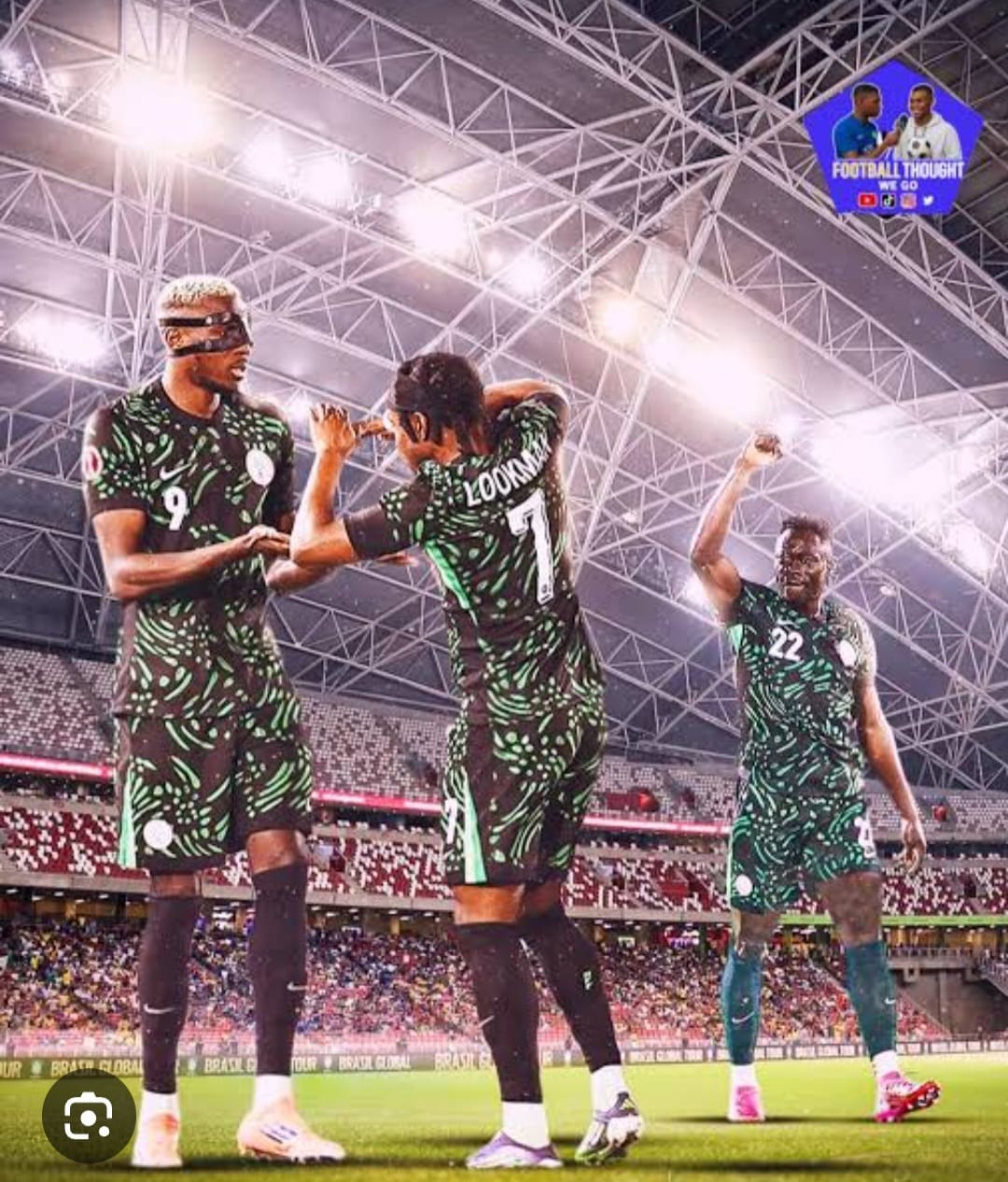
Super Eagles Soar: Nigeria Storms AFCON 2025 Semifinals in a Showcase of Resilience and Continental Football Supremacy.
By George Omagbemi Sylvester
saharaweeklyng.com
“After a commanding 2-0 win over Algeria and quarter-final upsets across the board, Nigeria sets up a blockbuster semi-final against hosts Morocco as Egypt and Senegal also advance in the Africa Cup of Nations.”
When the whistle blew in Marrakech’s Grand Stade on January 10, 2026, history was reaffirmed: Nigeria’s Super Eagles, Africa’s perennial powerhouse, soared into the AFCON 2025 semifinals with a convincing 2-0 triumph over Algeria in the quarter-finals. Driven by tactical intelligence, physical dominance and individual brilliance, the Nigerian side not only dispatched a formidable North African foe but did so with the authority and poise expected of a team with genuine title ambitions.
It was a performance that combined discipline and flair, a perfect example of why Nigeria has become regular visitors to football’s final four. Led by stars like Victor Osimhen (the 2023 African Player of the Year) and Akor Adams, the Super Eagles delivered a masterclass under pressure.
Nigeria vs. Algeria: Tactical Supremacy and Clinical Execution.
From the first whistle, Nigeria wrested control of the tempo. Dominant possession, coordinated pressing, and superior fitness allowed them to dictate play against an Algeria side that had previously relied on experience and technical skill. Despite a bright early threat from Algeria (who came into the game after a taxing extra-time victory in the round of 16) the Super Eagles held the balance of play throughout.
The breakthrough came immediately after halftime and a moment that in elite football often decides destiny. In the 47th minute, Nigeria’s attacking interplay culminated in a Victor Osimhen header from a precise Bruno Onyemaechi delivery, piercing Algeria’s resistance and igniting Nigerian belief.
Ten minutes later, Osimhen turned provider with an unselfishly feeding Akor Adams, who calmly rounded Algeria’s goalkeeper Luka Zidane and slotted home Nigeria’s second goal.
Both goals were TEXTBOOK EXAMPLES of Nigeria’s attacking versatility. Where the first came from intelligent aerial play, the second was built on patient build-up and incisive final third creativity.
For renowned football analyst Dr. Abdulazeez Hassan, such performances reflect the psychological maturity of current Nigerian squads:
“Modern African football demands not only technical ability but mental resilience. Nigeria’s ability to control both possession and tempo against Algeria demonstrated an evolution in tactical discipline seldom seen in earlier Super Eagles sides.” says Dr. Abdulazeez Hassan, African Football Analyst.
The Broader AFCON 2025 Landscape.
Nigeria’s victory unfolded amidst waves of dramatic results across the tournament’s other quarterfinal matches, each with far-reaching implications for the continent’s football hierarchy.
Morocco’s Historic Progress.
Co-hosts Morocco continued their impressive campaign by defeating Cameroon 2-0 to reach the semifinals for the first time since 2004. With a brilliant display in Rabat, the Atlas Lions⚽ confirmed their intent to secure the first AFCON title in half a century. Morocco’s progress carries weight beyond sport. Football historian Khalid El Idrissi explains:
“Football in Morocco has become a symbol of national unity and ambition. This run speaks to more than talent—it is a reflection of strategic development, investment, and a generation determined to leave its mark.” says Khalid El Idrissi, Football Historian.
Worth noting is the tournament’s structural significance: Morocco also plays co-host to the 2030 FIFA World Cup and a testament to Africa’s rising stature in global football.
Egypt and Senegal Forge Onward.
The quarterfinal stage delivered drama in North Africa too. Egypt, led by talisman Mohamed Salah, edged past Ivory Coast 3-2 in a clash that will live long in the memories of African football fans. Salah’s performance, featuring a record-equalling scoring tally, embodied Egypt’s blend of veteran skill and domestic league grit.
Meanwhile, Senegal (arguably one of the tournament’s most complete sides) secured a semifinal berth with a win over Mali, setting up an electrifying encounter with Egypt. Their journey has showcased tactical adaptability and unyielding defensive shape, attributes lauded by coaches and pundits alike.
For sports strategist Dr. Farouk Conteh, Senegal’s rise is emblematic:
“Senegal is not just winning games; they are defining a new model of African success—balance between defense and attack, and a psychological fortitude earned through continental competitions.” says Dr. Farouk Conteh, Sports Strategist.
Setting the Semifinal Stage: What’s at Stake.
With the stage now set for two electrifying semifinals (Morocco vs. Nigeria and Senegal vs. Egypt) the drama of AFCON 2025 has never been richer.
Morocco vs. Nigeria: A Clash of Titans.
The Nigeria-Morocco matchup epitomizes the essence of African football: flair versus experience, speed versus structure and underdog resolve against home-support fervor.
For Nigeria, this game is more than tactical; it is symbolic. After missing out on the FIFA World Cup qualification, the Super Eagles have channeled national disappointment into continental determination. Their performance against Algeria was evidence not of mere resilience but of a collective hunger to restore Nigerian excellence on Africa’s grandest stage.
Veteran coach Emmanuel Okoye captures the sentiment succinctly:
“Nigeria’s football identity must always reflect passion, pace and boldness. In Morocco, they have found themselves again in an assertive, cohesive and lethal when the moment demands.” says Emmanuel Okoye, Veteran Football Coach.
For Morocco, buoyed by home support and a fervent quest for victory, the semifinal in Rabat will be no less than a national festival. Their defensive solidity and midfield creativity will test Nigeria’s counterattacking dynamism.
Egypt vs. Senegal: Tradition vs. Tenacity.
The other semifinal pits history against speed. Egypt, the record seven-time AFCON champions, carry a legacy of brilliance. But Senegal’s physicality and depth (fast becoming one of Africa’s most feared teams) promise a tactical chess match that could redefine continental power structures.
Football journalist Sophie Adesina notes:
“Egypt’s experience versus Senegal’s modern athleticism is a narrative rich with contrast. Either side could change the storyline of African football for years to come.” says Sophie Adesina, Football Journalist.
Final Thoughts: The Contest for Continental Supremacy.
As AFCON 2025 edges toward its climax, the narrative is clear: this tournament has reintroduced Africa to its footballing soul (passionate, unpredictable, and unbounded by stereotype. Nigeria’s journey to the semifinals is not merely a statistical achievement; it is a reaffirmation of African football’s dynamism) where talent, strategy and heart converge in spectacular fashion.
The Super Eagles’ triumph over Algeria was not only a win, bit it was also a message.
A message that says Nigeria remains a continent marked not by past struggles but by future potential; that in football (as in life) resilience and unity can subdue adversity.
And in Morocco’s Rabat, when these two clubs of African myth meet, the beautiful game will once again affirm why it is Africa’s greatest shared passion.
Published by saharaweeklyng.com – Your trusted source for African sports journalism.
-

 celebrity radar - gossips6 months ago
celebrity radar - gossips6 months agoWhy Babangida’s Hilltop Home Became Nigeria’s Political “Mecca”
-

 society6 months ago
society6 months agoPower is a Loan, Not a Possession: The Sacred Duty of Planting People
-

 society5 months ago
society5 months agoReligion: Africa’s Oldest Weapon of Enslavement and the Forgotten Truth
-

 news6 months ago
news6 months agoTHE APPOINTMENT OF WASIU AYINDE BY THE FEDERAL GOVERNMENT AS AN AMBASSADOR SOUNDS EMBARRASSING

